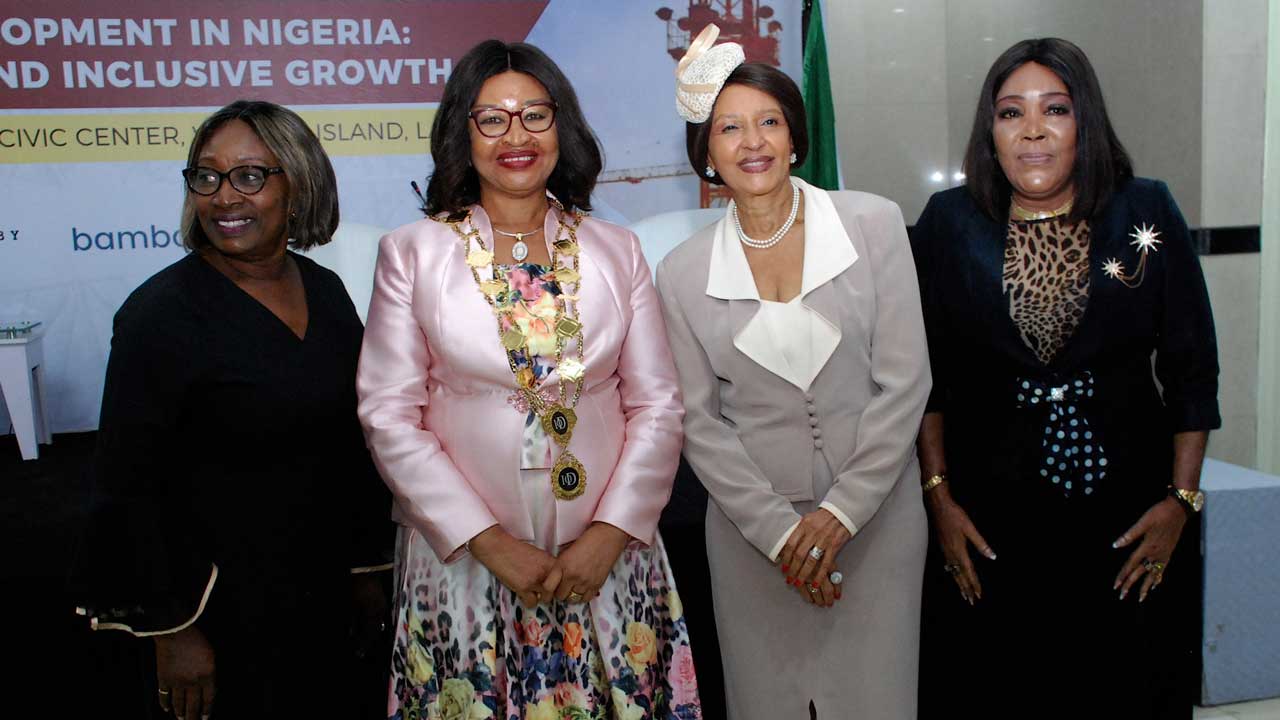
President and Chairman of Governing Council, Institute Of Directors (IoD) Nigeria (IoD), Dr. Ije Jidenma, has decried how poor infrastructure is undermining the nation’s economic and social development quest.
In her speech at the institute’s stakeholders’ forum on Infrastructure, with the theme: Infrastructure Development in Nigeria: A Necessity for Sustainable and Inclusive Growth, the administrator observed: “There is no doubt that one of the banes of our economic development has been poor infrastructure. The state of our infrastructure apart from adversely affecting our nation’s economic development, has also badly affected the social environment of our country. It has also negatively affected the standard of living of Nigerians, thereby affecting our overall psychological sense of well-being.
“In virtually all sectors – power, transportation, communication, aviation, education, health, etc. – the absence of critical and needed infrastructure has affected the deliverables and Nigerians have not enjoyed a robust system that could deliver the best of services to us.
“This gap in infrastructure development has adversely affected Nigeria’s growth trajectory. Though there have been many conversations around infrastructure development and several policies developed by government at all levels to address the gap, success has definitely not been achieved.”
She went on: “Despite numerous plans by successive government and regimes to address the infrastructure deficit in Nigeria, the combination of paucity of funds, poor implementation, maintenance culture, corruption, weak fiscal regime and sometimes, policy summersaults, have worked together to ensure that we are unable to achieve our goal as far as infrastructure development is concerned.
“Nigeria’s infrastructure deficit is estimated at $100 billion yearly, a figure that is 100 per cent above our yearly infrastructure budget in the past few years.”
According to the African Development Bank, a country’s infrastructure expenditure should be six per cent of its Gross Domestic Product (GDP) at the minimum to attain a reasonable level of sustainable development.
Jidenma continued: “However, over the past decade, Nigeria’s infrastructure spending has been less than five per cent of GDP and much lower than the amount committed by other developing countries. With such gap, it has become difficult for the Nigerian government to adequately address the country’s infrastructure needs.”
While accepting that the Federal Government cannot continue to borrow endlessly for infrastructure, the IoD boss said there was need for government to judiciously utilise available funds.
“We need to make our economy very competitive to attract investments, which would improve the economy and ensure that government revenue is grown. A more robust infrastructure development will no doubt improve the business environment and attract the needed indigenous and foreign investments in the economy by the private sector,” she noted.
Jidenma added: “The essence of this gathering is to promote conversations and share perspectives on building sustainable investments in infrastructure with a view to promoting economic growth, creating employment opportunities, and effectively reducing poverty in Nigeria.”
“Additionally, this event aims to enlighten the wider business community on the importance of sound corporate governance practices, leadership and management within the public and private sectors (and even within the non-for profit space) as a step towards ensuring the implementation of major reforms regarding infrastructure.”






